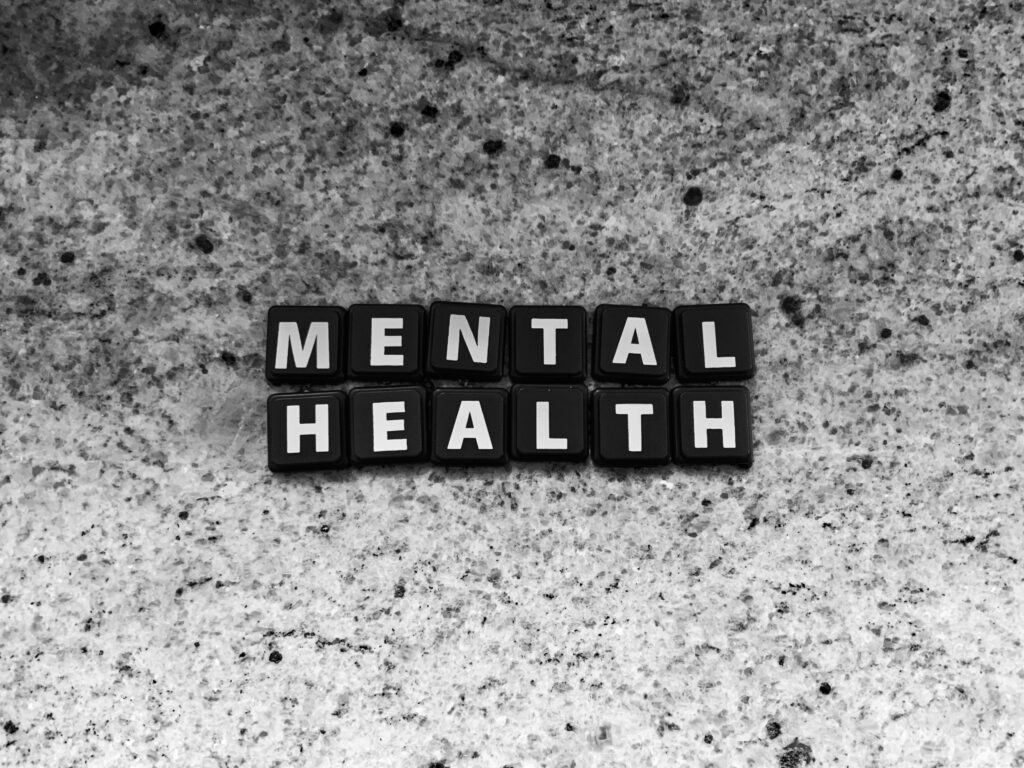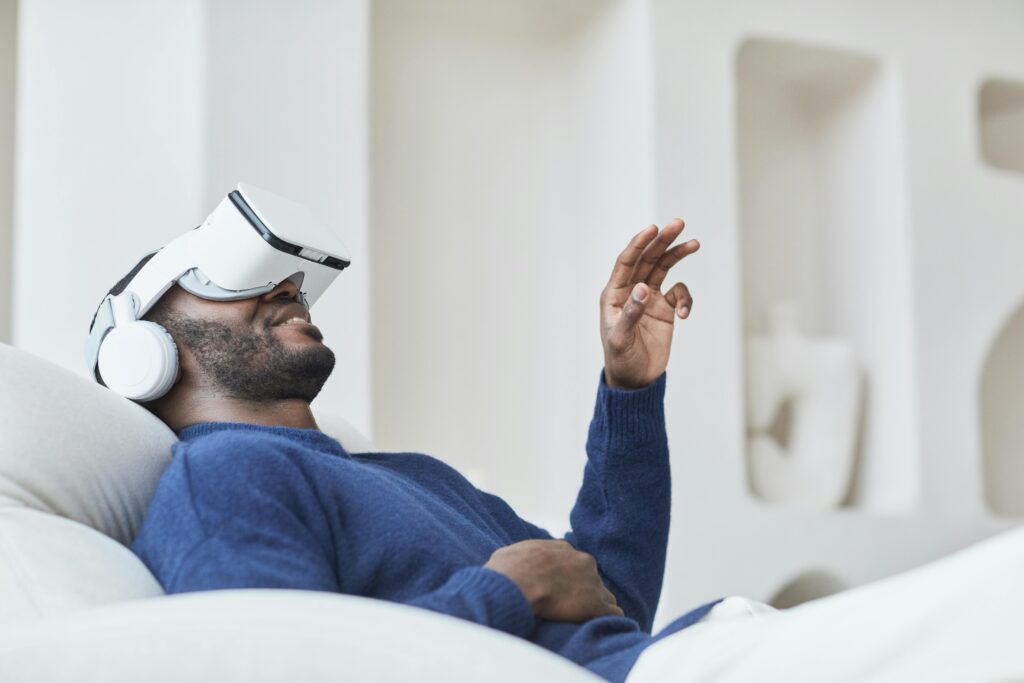
In 2025, mental wellness is no longer a silent struggle. With nearly half the population experiencing mental health issues, digital tools like therapy apps and wearable devices are stepping in to revolutionize support systems.
A report by Youth Mental Health Tracker states that around 45% of people suffer from some kind of mental health problem.
Mental illness is not only about depression, anxiety disorders, and schizophrenia. It is also concerned with eating disorders and addictive behavior. It is a disease that will affect the daily activities of your life, it will affect your mood, thinking, and behavior.
What is the reason for this mental health boom? Why are people using so many Therapy apps and therapy apps for mental health in 2025?
Let us discuss in this article.
Mental Health Boom

What is a mental health boom? It is an increased awareness of mental health issues.
This is the time when more individuals are seeking help and becoming aware of mental health issues. This is happening because more individuals are receiving mental health diagnoses.
It was taboo at the time to discuss mental health, but now people discuss it more frequently, and that too in public.
This is also because many successful people and celebrities are talking about their mental health and sharing it publicly, which has aided in the rise of mental illness awareness.
How are people getting help for mental illness?

Here are many options available now to help support mental health. Let us discuss one by one.
- Mental Health Apps
Several Apps support Mental Health. They are specifically designed to make you feel more at ease, sleep better, and relax. You can try these apps for free, or some are very cheap. It is only up to you when you want to use them.
Here are some recommended Mental Health Apps:
- Qwell
- Sorted: Mental Health
- Holly Health Habit
- Combined Minds
- Student Health APP
- Eating Disorder Support
- Mindfulness Coach
- Virtual Therapy and Online Support
Virtual Therapy is another way to support your mental health. Online therapy has proven to work well as it uses methods, like CBT (cognitive-behavioral therapy), DBT (dialectical behavior therapy), and mindfulness.
These are the proven therapies that help with many mental health problems.
Virtual therapy is also efficient as it provides flexibility. If people have a busy schedule, they can take online sessions as they fit into their busy schedule.
Maintaining this consistency in getting the therapy is key to getting good results, enhancing mental wellness.
- Wearable Devices
Wearable devices are designed to provide continuous, passive, real-time information, which helps individuals to get accurate insight into their mental health.
Data collected through wearable devices is of high quality, making it reliable. It also gives a detailed overview of the user’s mental health.
Wearable devices can track sleep patterns, heart rate, and other physiological responses. Check out some of the wearable devices:
- Lief
- Abilify MyCite
- Muse
- TouchPoints
- Oura Ring
- Thync
Concerns And Criticism

Despite the growing popularity of mental health wearables and treatment applications, there are still significant concerns that people have about wearable technology and apps.
- Privacy Concern
Privacy is a major concern. These applications frequently gather extremely private data, such as your thoughts, feelings, heart rate, and sleep habits.
Companies also sell this data to third parties. It almost feels like a major betrayal of trust when apps share user data with advertisers without disclosing it to users.
- Reliability
Do these tools work? It is not certain that every app will be research-based. With thousands of apps available, it can be challenging to distinguish between those that are genuinely beneficial and those that are merely out to profit.
AI-powered apps, such as chatbot therapists, are increasingly gaining popularity. Although they can assist, they lack the empathy that humans possess. So, they may not be able to recognize the real problem, someone who is suffering.
- Dependence
Some people begin to rely too much on these mental health tools. Even though they can be useful, they shouldn’t replace real conversations with a therapist or meaningful time with others.
In some cases, constantly checking your mood or stress levels can increase anxiety instead of helping.
- Money Through Health
Another concern is that mental health is becoming more of a business. Many apps charge subscription fees or offer paid upgrades, which makes some people feel like their mental well-being is being treated more like a product than personal care.
This can take away from the true purpose of mental health support, which is about connection, understanding, and healing.
The Future of Digital Mental Health

Technology is continuously evolving; how can it stay away from playing its role in mental health care?
The future of digital mental health has a lot of potential. Let us discuss how.
- Personalized Experiences
Due to artificial intelligence and machine learning, mental health apps and devices are getting smarter. Recent AI advancements understand the needs of a person.
Shortly, AI tools such as AI-powered CBT apps will be giving more personalized help by monitoring your actions. For example, they can tell you what to do in stressful situations based on what you like and how your body is doing today.
- AR and VR with Traditional Healthcare
Soon, traditional healthcare will meet with the advancement of AR and VR.
Imagine patients taking therapies where doctors show them calming scenes via VR. The blend of digital advancement with human expertise has the potential to bring change to this world.
Conclusion
When it comes to mental health, all you need is to take one step to heal. So, just consider your best options and take the first step. Get suggestions from your therapist and download a mental wellness app, or get online therapy from your doctor. This is the time to do it. Your mind needs to calm down and live a life of full potential.

